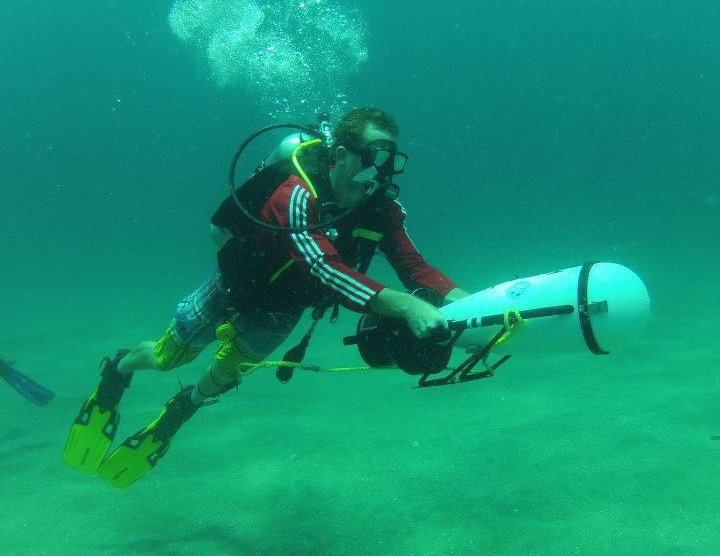Document Type
Article
Publication Title
Florida Scientist
Abstract
This field study examined the distribution among emergent plant stems of egg clutches deposited by the amphibious Florida applesnail in four types of marsh in east central Florida. Clutch density was highest along the edge of sawgrass marsh and zero in deep marsh. Densities in maidencane and mixed shallow marshes were about one-third the density in sawgrass. In all marsh types, clutches occurred preferentially on plants having broad stems that generally exceeded 6 mm in diameter at water level. Substratum limitation for oviposition increased with the frequency of narrow-stemmed plants, but stem height was rarely limiting. The four marsh types did not differ in the protection available to clutches against variation in water level. The plant species most used for oviposition were Cladium jamaicense, Crinum americanum, Pontederia cordata, and Sagittaria lancifolia. Management of applesnaii habitat should favor a heterogeneous community of broad-stemmed emergent aquatic plants at moderate density.
First Page
34
Last Page
49
Publication Date
1996
Recommended Citation
Turner, Richard L., "Use Of Stems Of Emergent Plants For Oviposition By The Florida Applesnail, Pomacea Paludosa, And The Implications For Marsh Management" (1996). Ocean Engineering and Marine Sciences Faculty Publications. 80.
https://repository.fit.edu/oems_faculty/80


